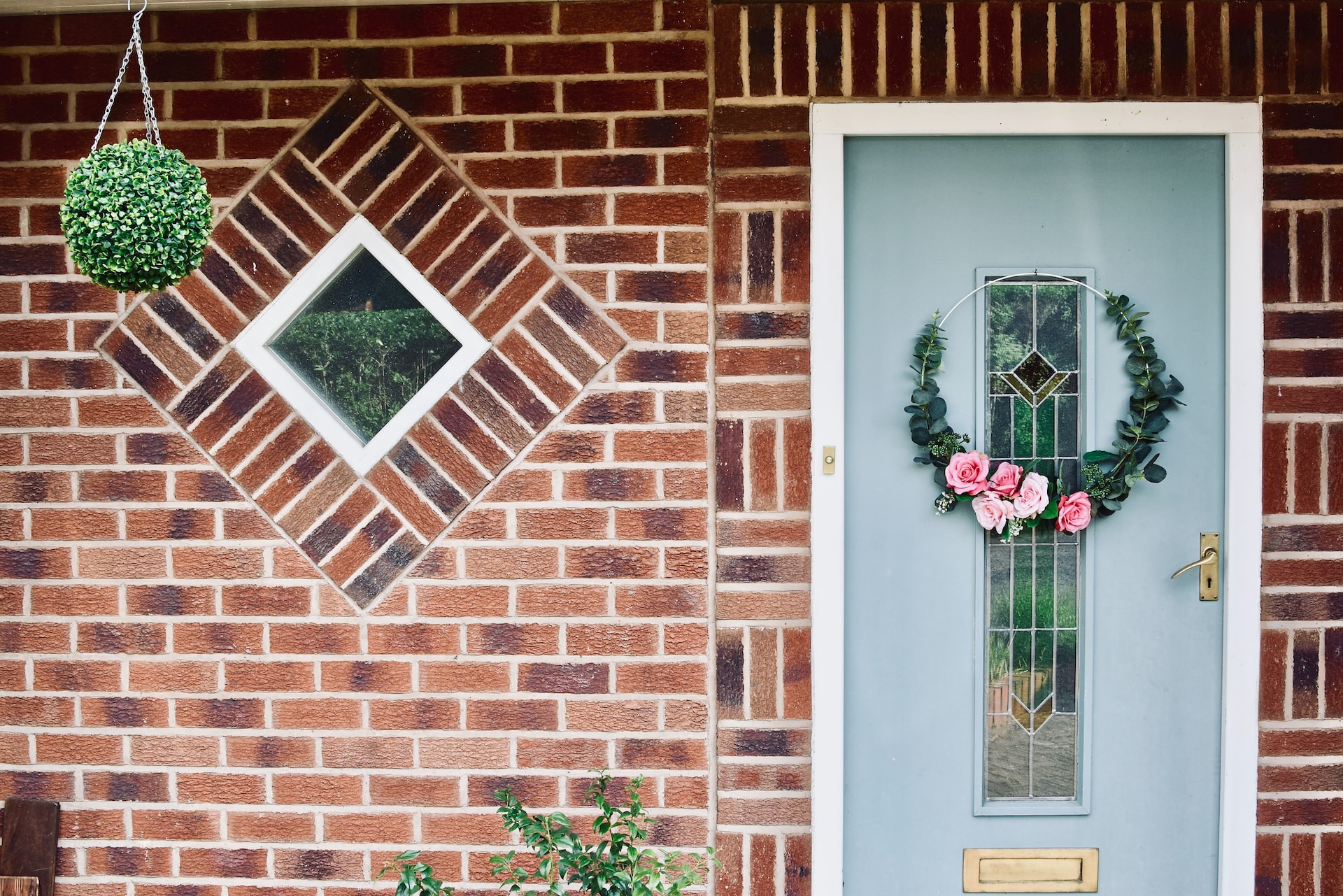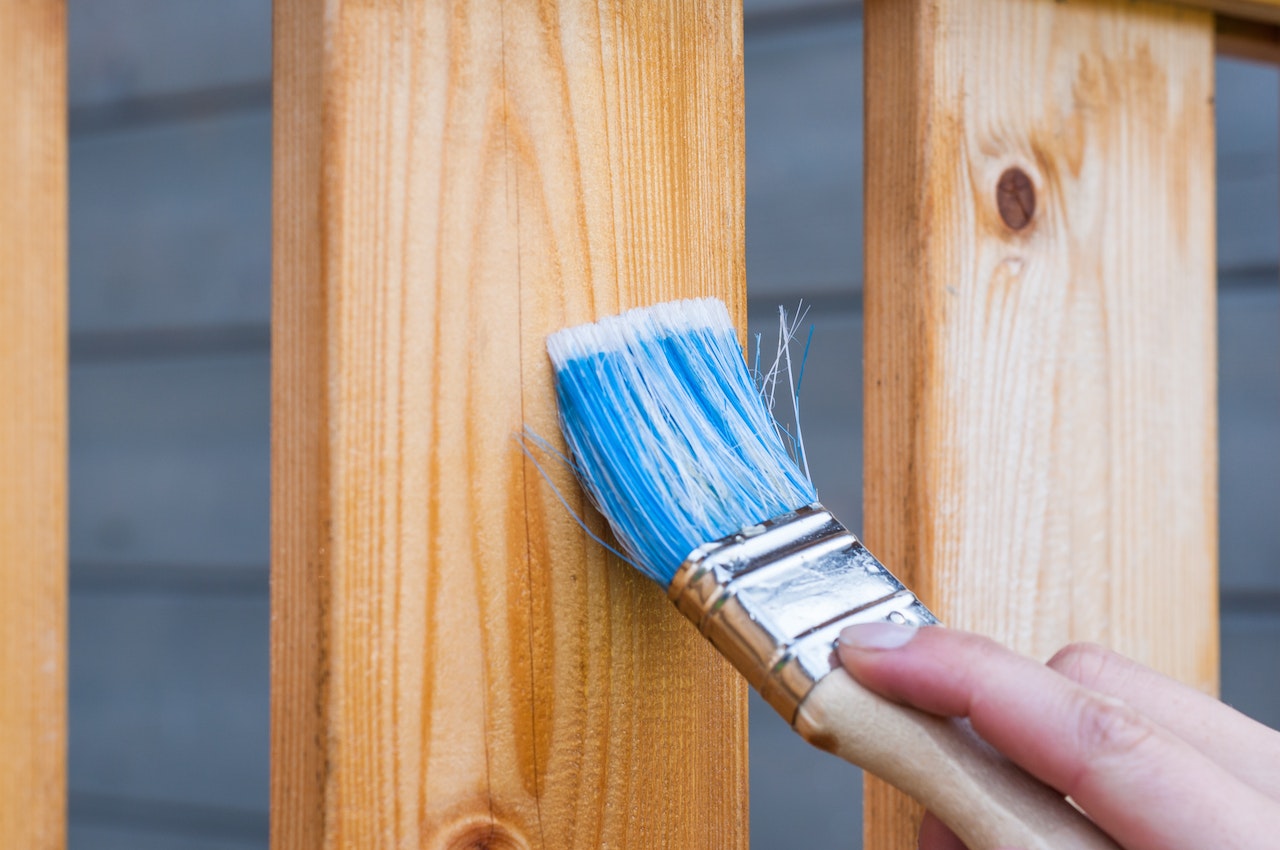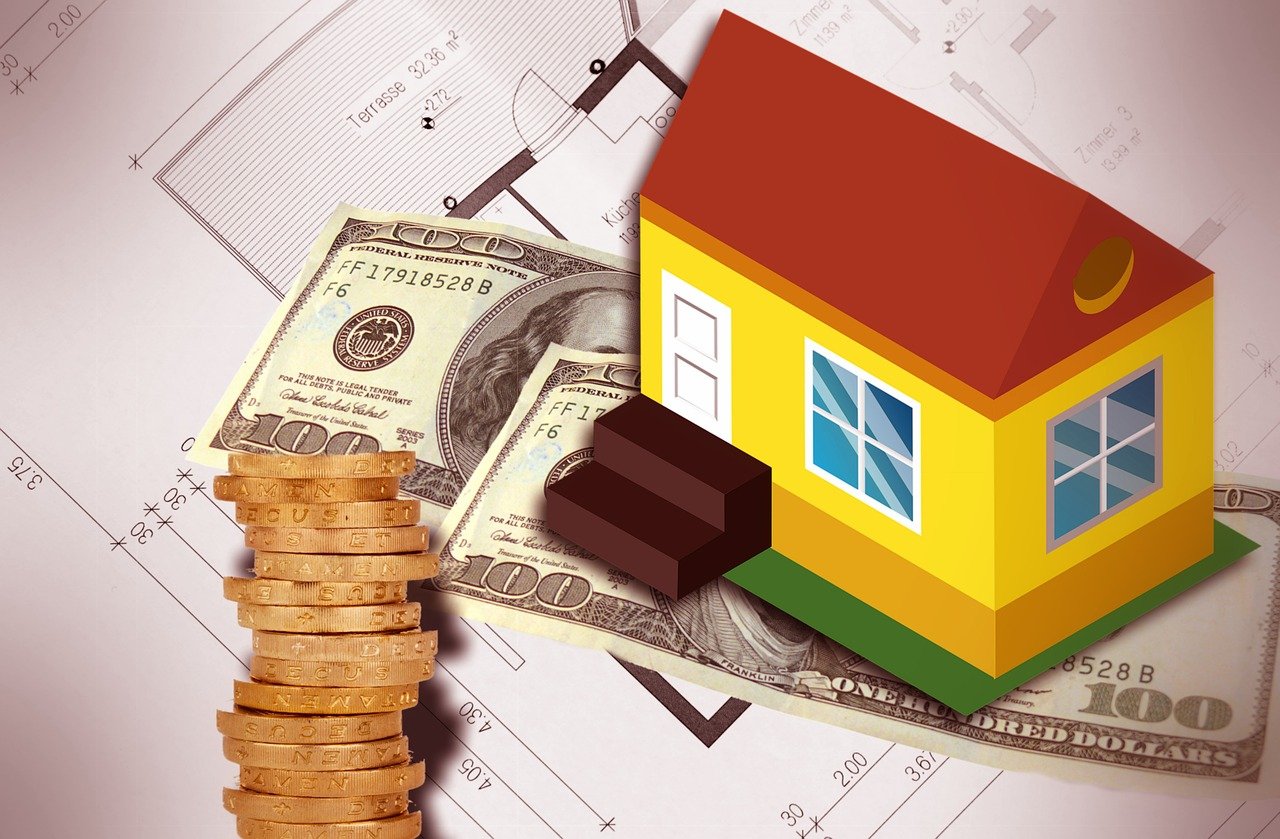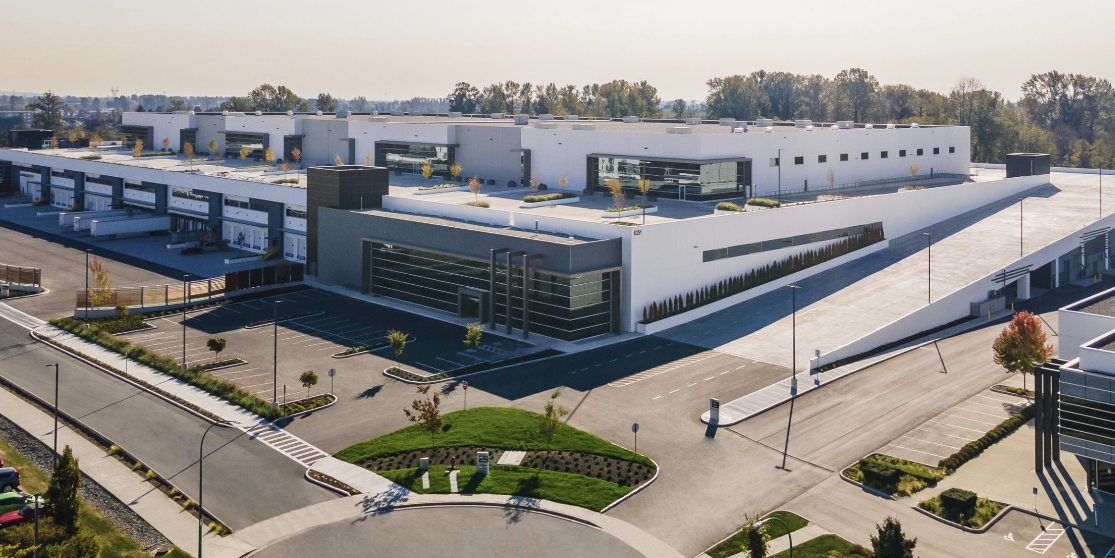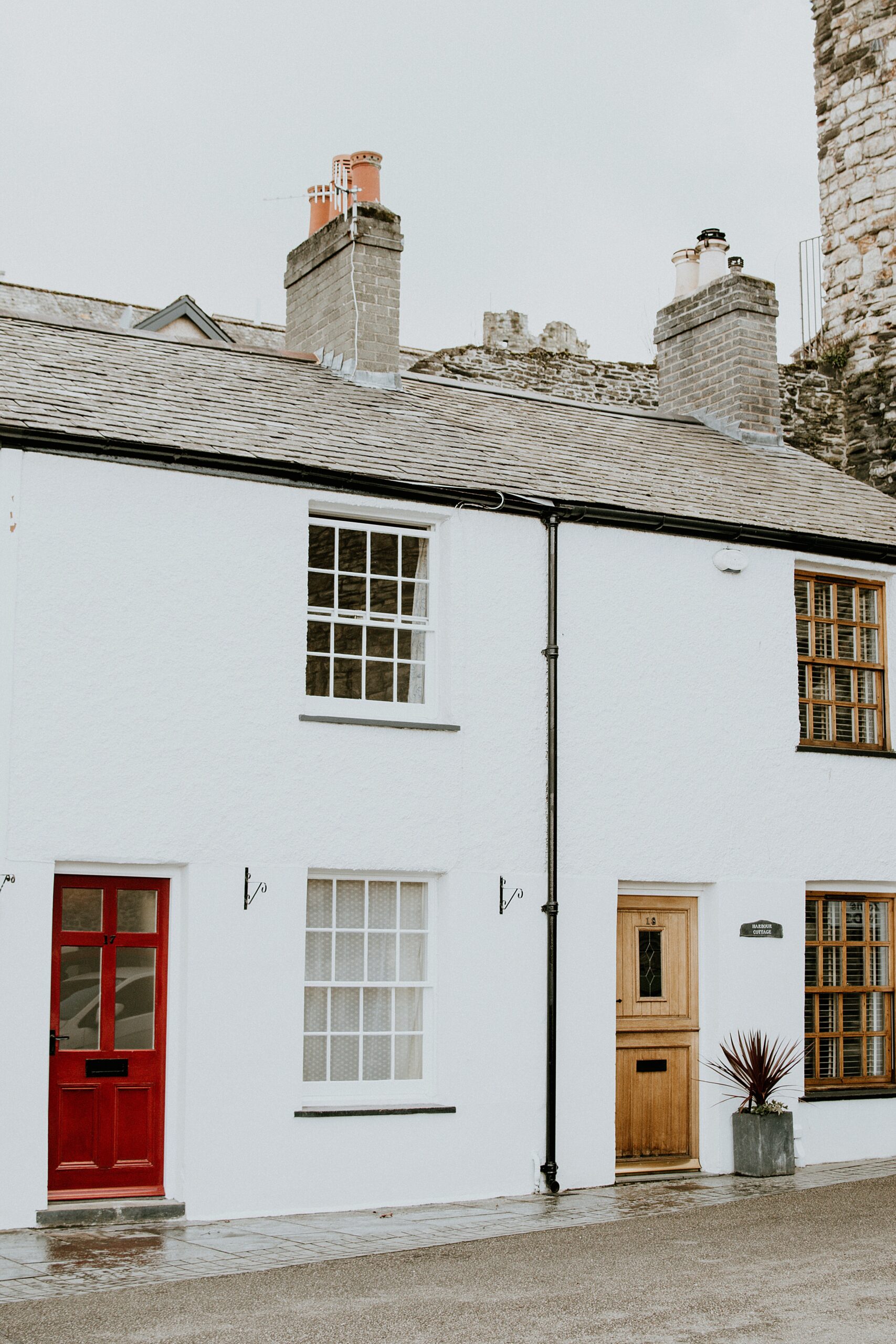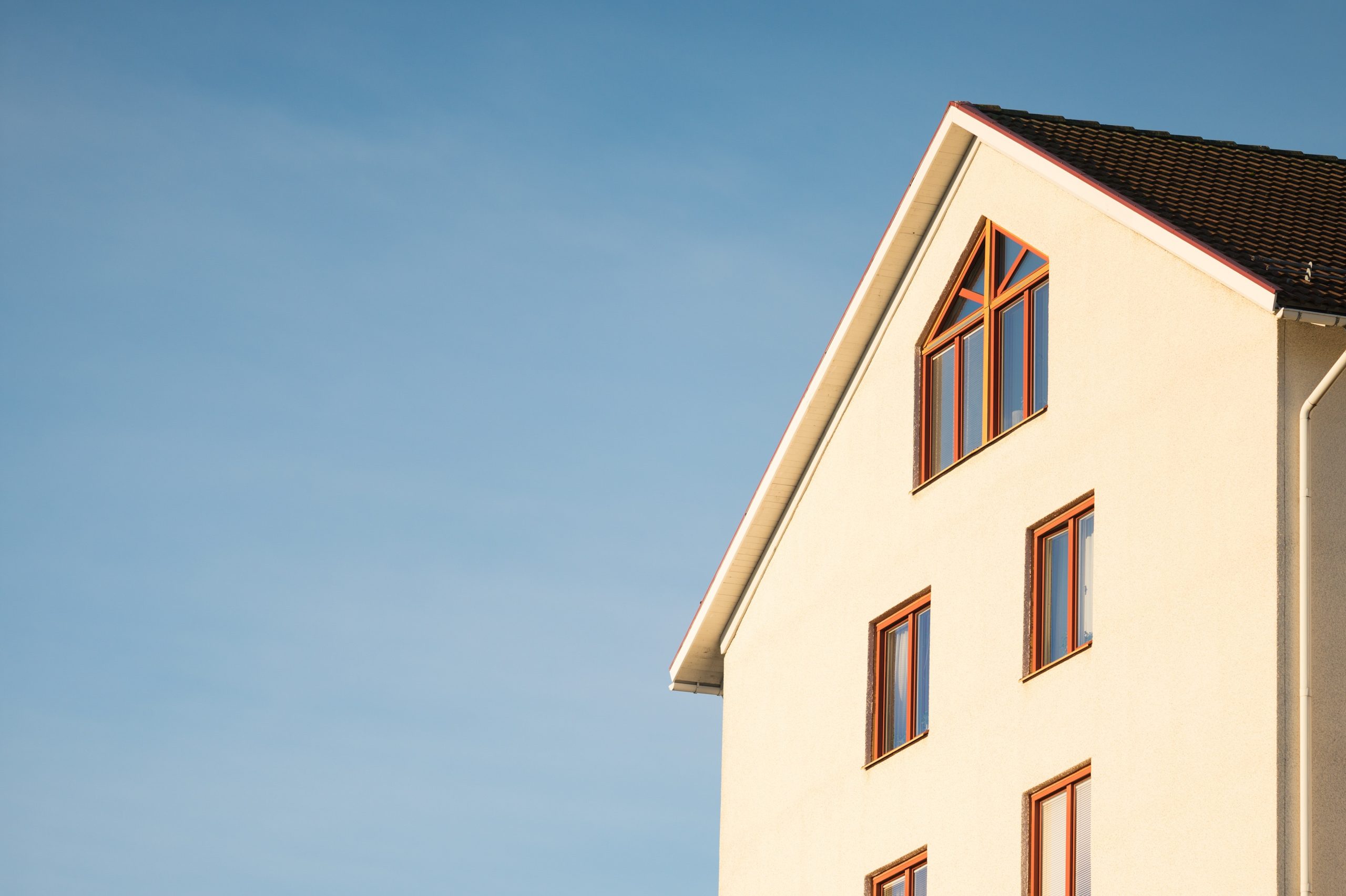As we grow older, our housing requirements change. While young couples are looking to move into bigger places to expand their families, older individuals are looking to downsize or possibly move into retirement homes. Many older homeowners also start thinking about selling their current homes to move into a smaller place after they retire. After all, our housing needs do keep changing based on the age and stage of our lives.
If a homeowner is downsizing, then he or she will not have to worry about new mortgage approvals. Also, the proceeds from the sale can certainly be added to the retirement fund. However, if an individual decides to buy a new house after retirement, without selling any previous assets, getting mortgage approval could get tough. Plus, paying fixed monthly bills without a constant source of income could get tough! In fact, some of the leading letting agents in Watford recommend moving into a rental property and putting your existing property on the rental market! Of course, the rental market is not for everyone. If you’re thinking about buying a house after retirement, here are 5 important things that you need to consider.
Mortgage approvals become tougher:
Many lenders have age restrictions when it comes to mortgage approval. As you get older, it becomes harder to get mortgage approval simply because lenders do not want to take on the risk. However, many lenders might be willing to transfer your existing mortgage. Some lenders also offer retirement mortgages under which you just need to pay the interest of the mortgage every month until your current house is sold; you can then use the proceeds of your current house sale to pay off the mortgage principal. However, if you’re looking to take out a fresh mortgage for a new property after you have retired, you might find it a little tough to get mortgage approval.
Location, location, location:
When you are buying a house after retirement, you want to be close to your near and dear ones. For most older home buyers, there are three important criteria: distance from their doctors, being near a hospital and living close to their family and friends. When you buy a house after you retire, the location is of utmost importance. As you grow older you are going to want your friends and family around you, because old age can be rather lonely.
Crime rates: Safety and security:
Safety and security should be one of your biggest criteria when you think about buying a house after retirement. Always do some research on the crime rates of a potential neighbourhood before you even start looking at properties there. This is especially important if you are going to live alone in your new home. With that being said, as an older homeowner, you also need to think of the safety and security measures inside the house. Does the house have stairs and are these dangerous for you? Can the bathrooms be fitted with safety handles? Can the main entrance have a ramp? And lastly, does the house have an alarm system and if not, can you install one?
Type of property:
A two-bedroom house with a living room, a dining room and a garden could actually have rather high maintenance. This will significantly increase your monthly living costs. On the other hand, an apartment or a townhouse is smaller hence it is much easier to maintain. With that being said, a stand-alone house gives you the comfort of owning a home and you are free to make any changes and alterations to the property. If you move into an apartment, you may need to take permission before making any changes. However, an apartment complex certainly provides an additional layer of safety and security, especially if you’re living alone.
Future costs and budgets:
When you are buying a house after retirement, you have a fixed budget to work with because you no longer have a constant source of income. This is why it is very important to figure out your finances before you even start looking at property. If you are selling your current home to downsize, then you will definitely be adding some money to your retirement fund. However, if you’re buying a new property then you need to think about the monthly mortgage payment, utility bills, energy bills and so on. Also, buying a new property does come with certain extra expenses, such as the cost of repairs, cleaning costs as well as additional charges for renovations and additions.

